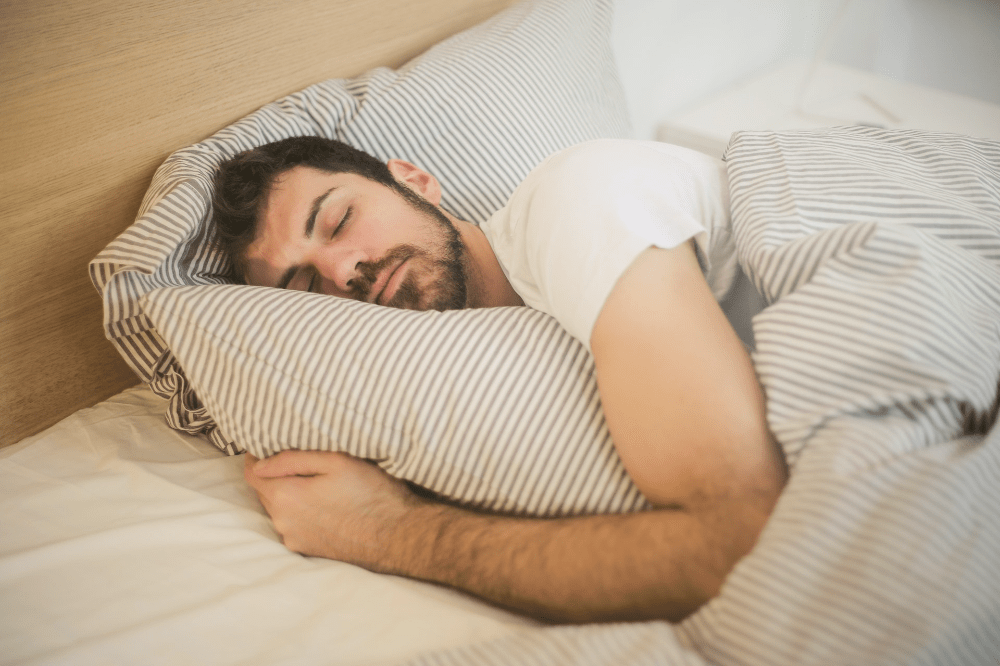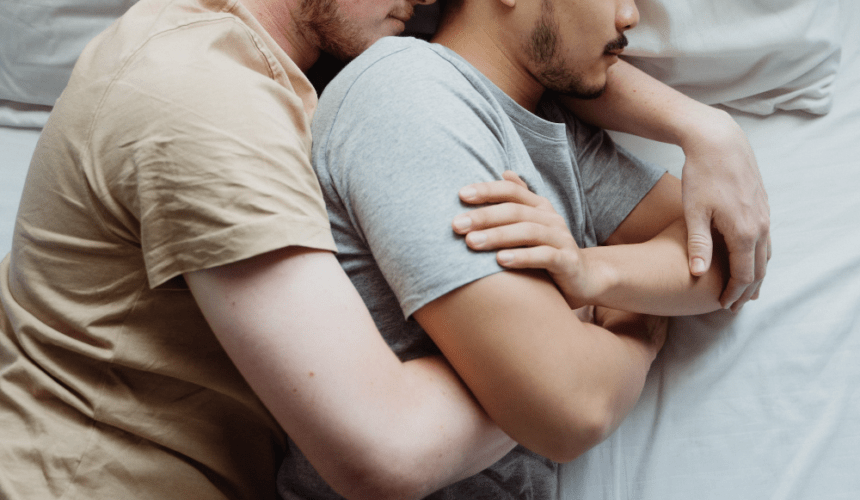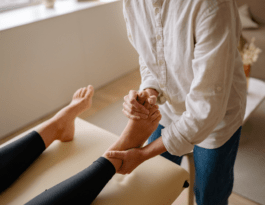The Ultimate Guide to Falling Asleep: Tips and Techniques for a Good Night’s Rest
For many people, falling asleep can be a challenge. It can be hard to get a good night’s rest due to stress, anxiety, or simply a busy mind. However, several strategies and techniques can help you fall asleep more quickly and feel refreshed and rejuvenated. This article will guide how to fall asleep and get a better night’s rest.
Step 1: Create a sleep-friendly environment
The first step to falling asleep is creating a sleep-friendly environment. This means creating a calm, dark, and quiet space that is conducive to sleep. Keep the room at a comfortable temperature, and use opaque curtains or an eye mask to block out light. If noise is an issue, use a white noise machine or earplugs to block out sounds.
Step 2: Establish a bedtime routine
Having a good night’s sleep is vital for physical and mental well-being. However, for many people, falling asleep can be a struggle. It can be challenging to relax and drift off to sleep, whether it’s due to stress, anxiety, or simply an overactive mind. If you are struggling to get a good night’s rest, don’t worry – there are several strategies you can try to help you fall asleep more easily. In this article, we’ll go through some simple tips and techniques to help you get the rest you need to wake up feeling refreshed and ready to tackle the day.
Step 3: Practice relaxation techniques
Several relaxation techniques can help you fall asleep more easily. These can include deep breathing, progressive muscle relaxation, or visualization. Choose a technique that works best for you, and practice it before bedtime to help calm your mind and body.
Step 4: Avoid screens before bedtime
The blue light produced by screens such as phones, tablets, and TVs can interfere with the production of the melatonin hormone, making it harder to fall asleep. To avoid this, try to avoid screens for at least an hour before bedtime or use a blue light filter to reduce the amount of blue light emitted.
Step 5: Avoid caffeine and alcohol before bedtime
Caffeine and alcohol disrupt sleep patterns, making it difficult to fall asleep and remain asleep. Do not consume these substances for at least a few hours before bedtime, or limit your intake to help improve your sleep quality.

Conclusion
In conclusion, getting a good night’s sleep is essential for overall health and well-being. By creating a sleep-friendly environment, establishing a bedtime routine, practising relaxation techniques, avoiding screens and caffeine before bedtime, and getting regular exercise, you can improve your sleep quality and wake up feeling rested and refreshed. Don’t let insomnia or difficulty falling asleep ruin your quality of life – try these tips and know which ones work best for you. With a little effort and the right strategies, you can fall asleep more quickly and wake up feeling ready to tackle whatever the day has in store.




